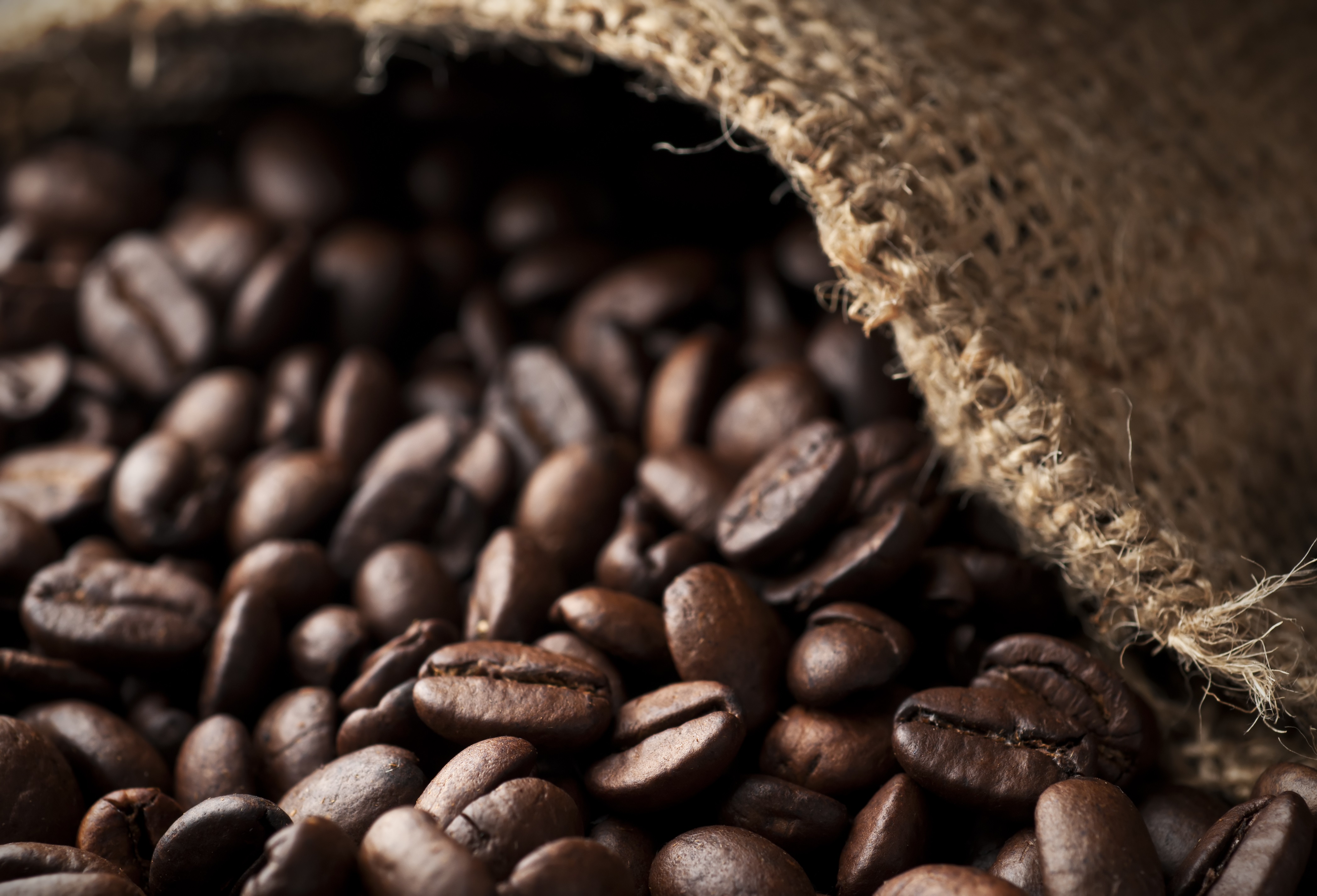Products
Applications
Learning
 Part of the Oxford Instruments Group
Part of the Oxford Instruments Group
Coffee is one of the most widely traded commodities in the world, however, high-quality Arabica roast coffee can be adulterated with less expensive coffee types, such as robusta. That means coffee producers and buyers need a fast, accurate and cost-effective way to check the authenticity of every batch.
“We are now able to offer an NMR-based authentication service to the sector for the very first time”
Elizabeth Saggers,
Operations Director, QIB Extra
QIB Extra Ltd is a provider of strategic and applied research services, including this type of coffee analysis, to companies in the food, diet and health sectors. The arrival of benchtop Nuclear Magnetic Resonance (NMR) analysis has transformed how QIB Extra approaches this task. Previously, NMR was far too expensive for this type of routine analysis, however Oxford Instrument’s Pulsar solution has changed the landscape.
“We have a long history of using high-field NMR spectroscopy for analytical purposes, including developing methods for authenticating the composition of foods. However, translating these into commercial settings has always been a challenge. The Full Economic Cost of services based upon research-grade high-field instruments is prohibitive – a specialist technician is required to maintain the machine; the capital and depreciation costs are high, likewise annual maintenance including cryogens,” explains Elizabeth Saggers, Operations Director, QIB Extra. “The arrival of benchtop NMR for analytical screening has therefore been a game changer. Once we had established a method using the low-field approach, we were able to offer it as a service to clients at a competitive rate, as the upkeep of the low-field instrument is so cost effective.”

To authenticate coffee using Pulsar, 10g of ground roast coffee are stirred with 30ml chloroform for 5 minutes, then filtered and dried in a vortex evaporator for 30 minutes. The dried extract is then re-dissolved in 800μl of deuterated chloroform and filtered directly into standard 5mm NMR tubes. Measurement time in Pulsar is approximately 40 minutes, making a total preparation and measurement time of approximately 90 minutes per sample. This compares very well with the alternative, chromatographic methods for coffee authentication, which invariably have much lengthier preparation steps.
“We have streamlined the sample preparation method with a well-researched standard operating protocol, and the subsequent spectral analysis is carried out using a bespoke app developed in-house at QIB (now also sold in collaboration with Oxford Instruments). This provides a one-click procedure for returning the outcome for each sample in a straightforward interface,” adds Saggers. “We are now able to offer an NMR-based authentication service to the sector for the very first time, at a price commensurate with large-scale, regular screening. We believe this to be a worldwide first.”
Furthermore, Oxford Instruments’ Pulsar is not limited to coffee analysis, it can also be used to determine the composition of fatty acids and detect edible oil adulteration. It is a simple, fast, accurate and cost-effective way to carry out a wide range of food related analysis.
Since this case study was written, the Pulsar system has been replaced by X-Pulse - the first benchtop NMR system to offer true multinuclear capability. X-Pulse is a high resolution, 60MHz, broadband benchtop NMR spectrometer which can be easily tuned to any nucleus from 29Si to 31P, without having to change NMR probes. Advanced, automatic shimming produces a highly homogeneous magnetic field making X-Pulse suitable for use in almost any industrial or academic laboratory, for teaching, organic synthesis analysis, materials identification, and structural elucidation.
For many analyses, liquid samples can be run neat; solid samples can be dissolved in deuterated or non-deuterated solvents. Intuitive, step by-step software takes the user seamlessly through the measurement process, and data is processed with the industry renowned Mnova software.
If you would like to find out more or arrange a demo please get in touch today.
Learn more about X-Pulse Learn more about coffee testing
Author: Elizabeth Saggers, Operations Director, QIB Extra
Category: Case Study
